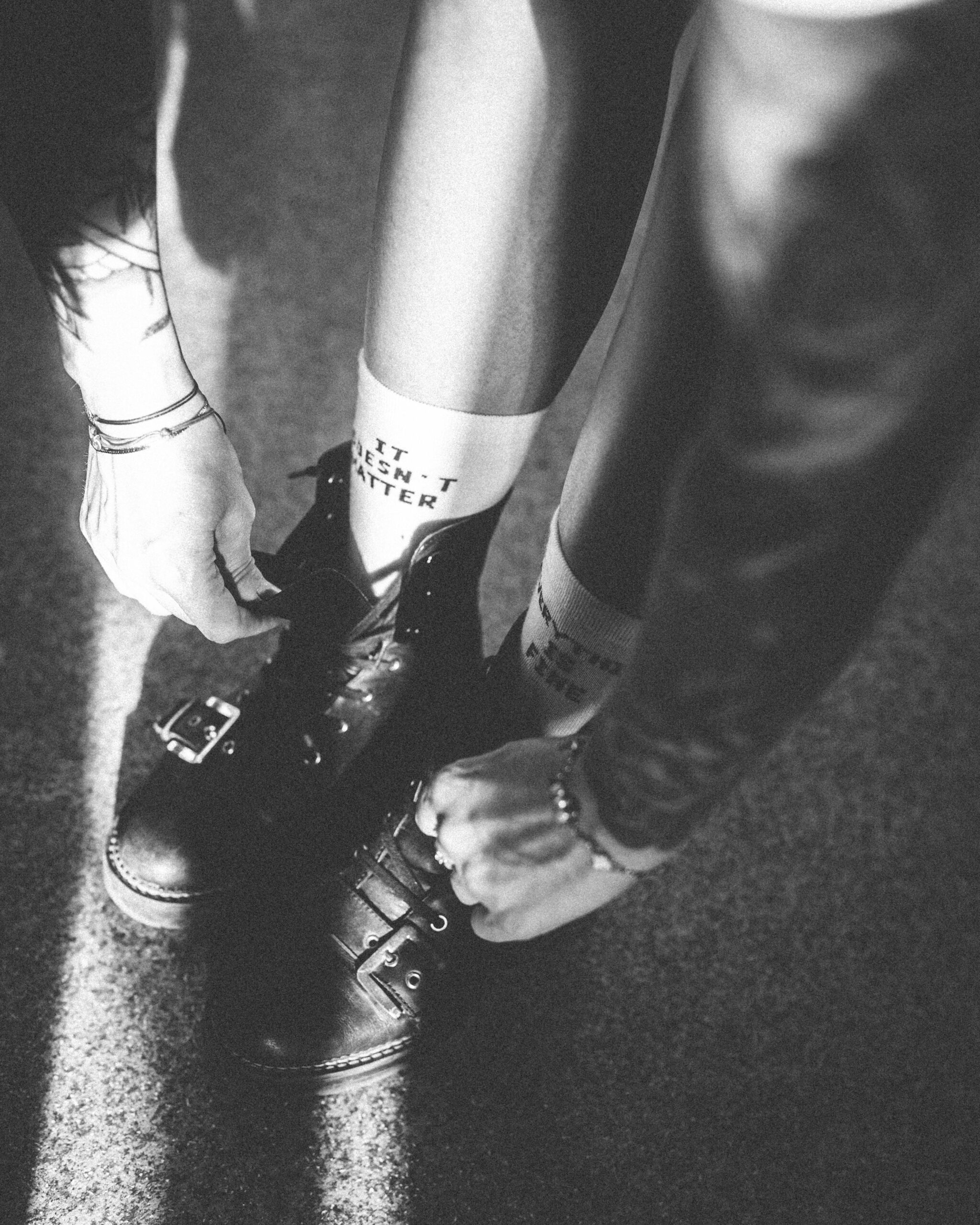Hamster Accessories Must-Haves
When it comes to creating a comfortable and engaging environment for your furry friend, choosing the right *hamster accessories* is crucial. From cozy bedding to interactive toys, these essentials not only enhance your pet’s quality of life but also provide necessary stimulation. This guide will cover the must-have accessories for hamsters, ensuring they lead happy and healthy lives.
Essential Hamster Accessories for Comfort
To ensure your hamster feels safe and comfortable in its habitat, invest in the best accessories designed to meet their needs. **Bedding materials** are one of the first things to consider; opting for soft and absorbent options will help maintain a clean living space. You can choose from aspen shavings or paper-based bedding that minimises allergies and keeps your pet cozy.
Cozy Hideouts
Hamsters are naturally inclined to burrow and hide. Providing them with cozy hideouts creates a sense of security and helps them feel at home. Look for hideouts made of natural materials, such as wood or coconut shells, as they are safe for chewing and provide a stimulating environment. **Hiding places** also facilitate natural behaviors, reducing stress and anxiety.

Water Bottles and Bowls
Ensuring your hamster remains hydrated is essential. While some prefer water bottles, others may opt for a shallow bowl. Water bottles are generally more hygienic as they prevent bedding contamination, and its nozzle design reduces spill risks. Ensure the bottle is easy to clean and refill, and check it regularly for leaks to keep your pet happy and healthy.
Entertainment and Stimulation
Hamsters are curious creatures that require stimulation to keep them active and entertained. Providing a variety of **toys** is crucial in developing their mental and physical agility. A mix of chew toys, exercise wheels, and tunnels fosters an enriching environment that helps prevent boredom and encourages natural behaviors.
Interactive Toys
Toys are an excellent way for hamsters to explore and play. Look for durable toys that promote chewing, climbing, and foraging. **Exercise wheels** provide essential opportunities for physical activity. Ensure the wheel is appropriately sized for your hamster type—smaller wheels might not offer enough running space for larger breeds like the Syrian hamster.

Climbing Equipment
Hamsters enjoy climbing and exploring their surroundings. Investing in climbing accessories, like ladders and platforms, can encourage **exercise** and stimulate their natural instincts. You might also consider tunnels to connect different parts of their habitat, allowing them to explore and interact with their environment continually.
Feeding Accessories for a Healthy Diet
Feeding your hamster is another essential aspect of their care routine. Choosing appropriate food containers and dishes is necessary for maintaining cleanliness and managing their diet effectively. Look for dishes that are shallow and heavy enough to prevent easy tipping during feeding sessions.
Food Storage and Measuring Tools
Proper storage for hamster food goes hand-in-hand with a healthy diet. Invest in **airtight containers** to keep the food fresh and protected from pests. Additionally, using measuring cups can help you avoid overfeeding by ensuring that you provide an appropriate amount of food per serving, contributing to your pet’s overall health and well-being.

Feeders
Choosing an appropriate feeder can make meal times more manageable. Automatic feeders can help portion out food throughout the day, ensuring your hamster has constant access. Ensure feeders are easily accessible for your pet and easy for you to fill and clean regularly, as hygiene is key in preventing health issues.
Grooming and Health Accessories
Keeping your hamster clean and healthy requires specific **grooming tools**. Regular grooming helps prevent matting, especially in long-haired breeds, and serves as an excellent opportunity to check for any signs of illness or injury. A few essential grooming accessories can make this task simple and effective.
Brushes and Clippers
For long-haired hamsters, a soft-bristle brush is essential for maintaining their coat. Regular brushing can prevent tangles and **matting**, ensuring your pet remains comfortable. Additionally, nail clippers are necessary for keeping nails trimmed to an appropriate length, preventing any potential injuries or discomfort during playtime.

Health Supplies
Having a small first aid kit for your hamster is also a wise decision. Stock it with basic supplies like antiseptics, bandages, and any medications your vet may prescribe. Being prepared for minor injuries or illnesses can help ensure that your hamster stays healthy and experiences minimal discomfort when accidents occur.
Key Takeaways
- Invest in essential hamster accessories, including comfortable bedding and cozy hideouts for security.
- Provide stimulating toys and exercise wheels to keep your hamster active and engaged.
- Use proper feeding and grooming accessories to promote a healthy lifestyle for your pet.
- Always be prepared with health supplies for minor injuries or illnesses.
FAQ
1. What are the best bedding options for hamsters?
Natural bedding options like **aspen shavings** or paper-based bedding are ideal. They are soft, absorbent, and minimize odor while ensuring your hamster’s comfort.
2. How can I choose the right exercise wheel for my hamster?
Select an exercise wheel that suits the size of your hamster. A larger Syrian hamster may require a wheel with a diameter of at least 12 inches to accommodate their running style, while smaller dwarf hamsters may manage with a 6-8 inch wheel.
3. How often should I clean my hamster’s habitat?
Cleaning your hamster’s habitat should occur at least once a week. Replace bedding, refresh food and water, and clean accessories to maintain a hygienic environment conducive to their health.
4. What types of toys do hamsters enjoy most?
Hamsters enjoy **interactive toys** that allow them to chew, climb, and burrow. Consider providing tunnels and chewable toys that stimulate their natural behaviors and prevent boredom.
5. How can I tell if my hamster is unwell?
Signs of illness in hamsters include lethargy, changes in appetite, or unusual behaviors. Regular health checks, including looking at their coat condition and checking for any signs of injury, can help you identify potential health issues early.
